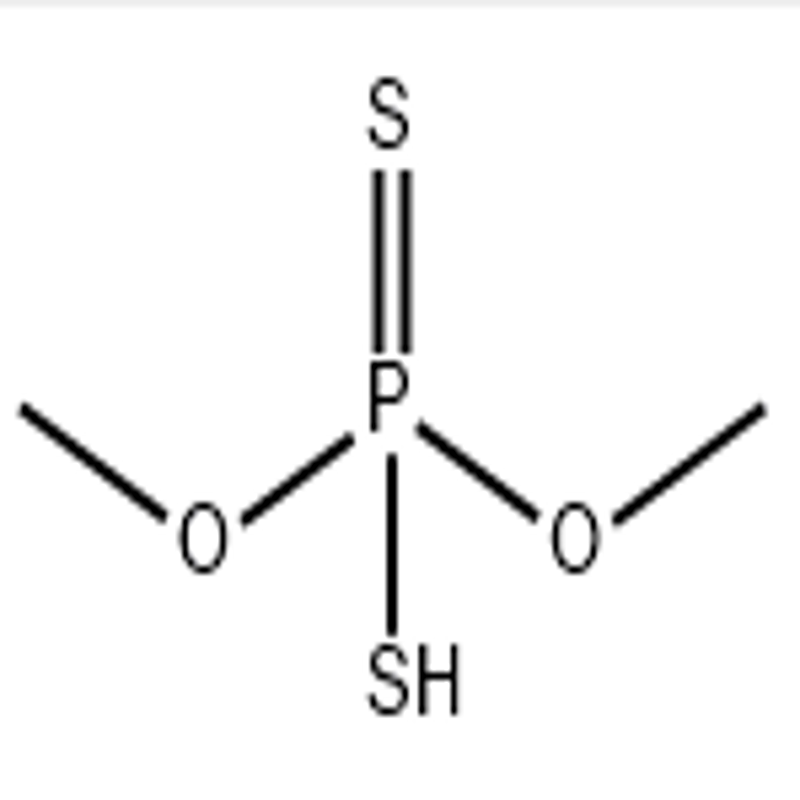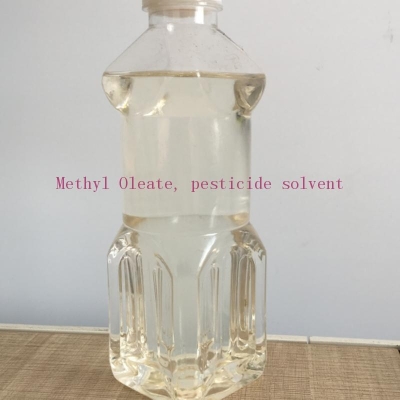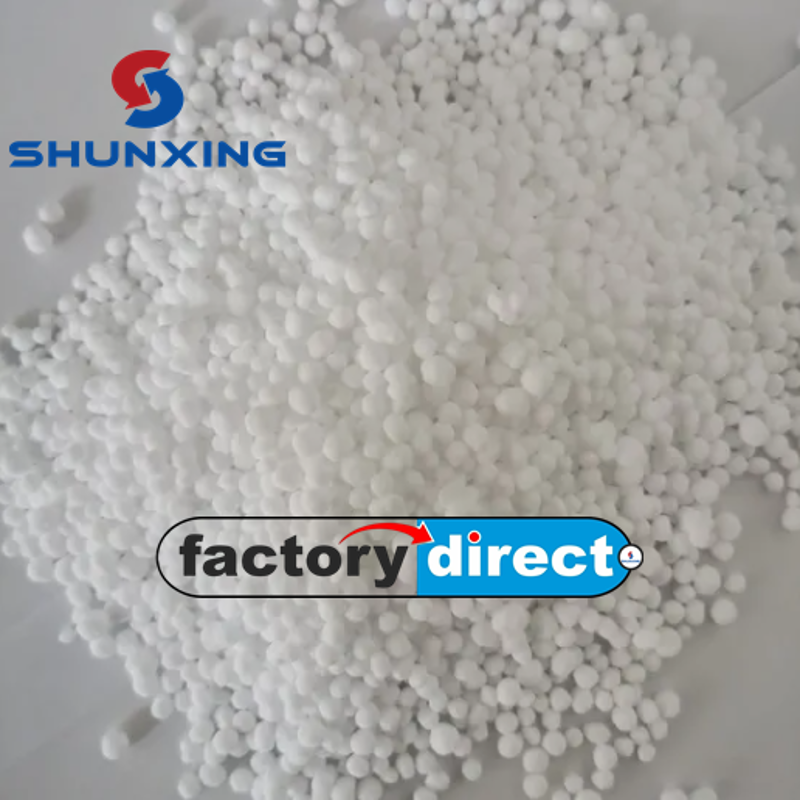-
Categories
-
Pharmaceutical Intermediates
-
Active Pharmaceutical Ingredients
-
Food Additives
- Industrial Coatings
- Agrochemicals
- Dyes and Pigments
- Surfactant
- Flavors and Fragrances
- Chemical Reagents
- Catalyst and Auxiliary
- Natural Products
- Inorganic Chemistry
-
Organic Chemistry
-
Biochemical Engineering
- Analytical Chemistry
-
Cosmetic Ingredient
- Water Treatment Chemical
-
Pharmaceutical Intermediates
Promotion
ECHEMI Mall
Wholesale
Weekly Price
Exhibition
News
-
Trade Service
Spring plowing is busy in March
.
Do a good job in spring plowing production, not miss the farming time, and live up to the spring glory
.
Pesticides are an indispensable means of production for agricultural production.
Choosing and using pesticides well is a matter of concern to the majority of farmers.
I solemnly remind farmers: 1.
Farmers should purchase pesticides according to "four needs and four don't": one must get it.
Pesticide shops with a pesticide business permit purchase pesticides.
Do not purchase pesticides from stores and mobile vendors that do not have a pesticide business permit
.
Second, buy pesticides with qualified packaging and labels, and do not buy pesticides with unqualified packaging and labels
.
The trademarks, labels, product instructions, inspection certificates, etc.
on the packaging of qualified pesticides are complete, and the pesticide name, content and formulation, pesticide "three certificates" number, scope of use, dosage and method, net content, toxicity mark, and precautions on the labels of qualified pesticides , The name and address of the manufacturer, the characteristic color marking band of the pesticide category, the pictogram of the pesticide use, the date of manufacture, the product quality guarantee period, etc.
are complete.
The name of the pesticide is clearly marked with the Chinese common name, and the font, font size, and color should be consistent
.
Third, purchase qualified pesticides with complete "three certificates", product quality inspection certificates, and within the warranty period.
Do not purchase pesticides that have not obtained a pesticide registration certificate, have no shelf life or expired, and there are delamination, precipitation, turbidity, or agglomeration from the outside.
Pesticides such as fake and inferior pesticides
.
Fourth, try to buy low-toxic and micro-toxic pesticides whose registered use includes pests and diseases that need to be controlled.
Do not purchase high-toxic pesticides that are not registered for use on pests and diseases that need to be controlled
.
2.
Farmers should use pesticides in the "five suitable and five impermissible ways"
.
Five suitable: one is to apply the medicine at the right time
.
Pay attention to the information on pests and diseases issued by the local plant protection department, and apply pesticides in time to the fields where the pests meet the prevention and control targets within the control period predicted by the local plant protection department, and do not apply at will
.
The second is to apply the appropriate amount of pesticides
.
Use pesticides in strict accordance with the pesticide labels or the dosage recommended by the plant protection department.
The application area, the amount of pesticides and the water used are scaled accurately, and the pesticide packaging cleaning solution is poured into the medicine box to reduce the residual pesticides in the pesticide packaging
.
The third is the appropriate application of pesticides
.
Use high-efficiency plant protection machinery (self-propelled boom sprayer, plant protection drone, manned helicopter) to apply pesticides, which can double the work efficiency and significantly improve pesticides compared to traditional pesticide application machinery (knapsack manual sprayer, stretcher sprayer, etc.
) Utilization rate
.
The fourth is to apply medicine appropriately
.
Apply pesticides in accordance with the use methods and technical requirements indicated on the pesticide labels, or adopt appropriate pesticide application methods according to pesticide formulations and control objects
.
Fifth, appropriate mixing
.
Pesticides with different mechanisms of action are used in rotation, and several pesticides are reasonably mixed according to the types of pests and diseases that need to be controlled at the same time to delay the development of resistance to pests
.
Five must not: First, it is not allowed to expand the scope of use, increase the dosage of drugs or change the method of use
.
The second is not to use banned pesticides
.
Third, highly toxic and highly toxic pesticides shall not be used for the prevention and control of sanitary pests, shall not be used in the production of vegetables, fruits, tea, fungi, and Chinese herbal medicines, and shall not be used in the prevention and control of aquatic plant diseases and insect pests
.
Fourth, it is not allowed to discard pesticides, pesticide packages, or clean pesticide application equipment in drinking water source protection areas and rivers
.
Five is strictly prohibited the use of pesticides in drinking water source protection areas, prohibited the use of pesticides poison fish, shrimp, birds, and other animals
.
3.
Farmers should do "three things" after using pesticides: First, properly collect pesticide packaging and other wastes
.
After each use of pesticides, collect the used pesticide packaging bags (bottles) in time and return them to the pesticide operator or the pesticide packaging waste recycling station (point)
.
The second is to take a bath and change the laundry immediately
.
The third is to establish pesticide use records
.
To truthfully record the time, place, control object, pesticide name, dosage, and production enterprise of pesticide use
.
Pesticide use records should be kept for more than 2 years
.
The breeze is blowing in the spring, and the earth is rejuvenated and warm
.
Choose good use of pesticides, ensure the safety of the use of pesticides, and achieve a bumper agricultural harvest and increase farmers' income! Source: Agricultural and Rural Law Popularization
.
Do a good job in spring plowing production, not miss the farming time, and live up to the spring glory
.
Pesticides are an indispensable means of production for agricultural production.
Choosing and using pesticides well is a matter of concern to the majority of farmers.
I solemnly remind farmers: 1.
Farmers should purchase pesticides according to "four needs and four don't": one must get it.
Pesticide shops with a pesticide business permit purchase pesticides.
Do not purchase pesticides from stores and mobile vendors that do not have a pesticide business permit
.
Second, buy pesticides with qualified packaging and labels, and do not buy pesticides with unqualified packaging and labels
.
The trademarks, labels, product instructions, inspection certificates, etc.
on the packaging of qualified pesticides are complete, and the pesticide name, content and formulation, pesticide "three certificates" number, scope of use, dosage and method, net content, toxicity mark, and precautions on the labels of qualified pesticides , The name and address of the manufacturer, the characteristic color marking band of the pesticide category, the pictogram of the pesticide use, the date of manufacture, the product quality guarantee period, etc.
are complete.
The name of the pesticide is clearly marked with the Chinese common name, and the font, font size, and color should be consistent
.
Third, purchase qualified pesticides with complete "three certificates", product quality inspection certificates, and within the warranty period.
Do not purchase pesticides that have not obtained a pesticide registration certificate, have no shelf life or expired, and there are delamination, precipitation, turbidity, or agglomeration from the outside.
Pesticides such as fake and inferior pesticides
.
Fourth, try to buy low-toxic and micro-toxic pesticides whose registered use includes pests and diseases that need to be controlled.
Do not purchase high-toxic pesticides that are not registered for use on pests and diseases that need to be controlled
.
2.
Farmers should use pesticides in the "five suitable and five impermissible ways"
.
Five suitable: one is to apply the medicine at the right time
.
Pay attention to the information on pests and diseases issued by the local plant protection department, and apply pesticides in time to the fields where the pests meet the prevention and control targets within the control period predicted by the local plant protection department, and do not apply at will
.
The second is to apply the appropriate amount of pesticides
.
Use pesticides in strict accordance with the pesticide labels or the dosage recommended by the plant protection department.
The application area, the amount of pesticides and the water used are scaled accurately, and the pesticide packaging cleaning solution is poured into the medicine box to reduce the residual pesticides in the pesticide packaging
.
The third is the appropriate application of pesticides
.
Use high-efficiency plant protection machinery (self-propelled boom sprayer, plant protection drone, manned helicopter) to apply pesticides, which can double the work efficiency and significantly improve pesticides compared to traditional pesticide application machinery (knapsack manual sprayer, stretcher sprayer, etc.
) Utilization rate
.
The fourth is to apply medicine appropriately
.
Apply pesticides in accordance with the use methods and technical requirements indicated on the pesticide labels, or adopt appropriate pesticide application methods according to pesticide formulations and control objects
.
Fifth, appropriate mixing
.
Pesticides with different mechanisms of action are used in rotation, and several pesticides are reasonably mixed according to the types of pests and diseases that need to be controlled at the same time to delay the development of resistance to pests
.
Five must not: First, it is not allowed to expand the scope of use, increase the dosage of drugs or change the method of use
.
The second is not to use banned pesticides
.
Third, highly toxic and highly toxic pesticides shall not be used for the prevention and control of sanitary pests, shall not be used in the production of vegetables, fruits, tea, fungi, and Chinese herbal medicines, and shall not be used in the prevention and control of aquatic plant diseases and insect pests
.
Fourth, it is not allowed to discard pesticides, pesticide packages, or clean pesticide application equipment in drinking water source protection areas and rivers
.
Five is strictly prohibited the use of pesticides in drinking water source protection areas, prohibited the use of pesticides poison fish, shrimp, birds, and other animals
.
3.
Farmers should do "three things" after using pesticides: First, properly collect pesticide packaging and other wastes
.
After each use of pesticides, collect the used pesticide packaging bags (bottles) in time and return them to the pesticide operator or the pesticide packaging waste recycling station (point)
.
The second is to take a bath and change the laundry immediately
.
The third is to establish pesticide use records
.
To truthfully record the time, place, control object, pesticide name, dosage, and production enterprise of pesticide use
.
Pesticide use records should be kept for more than 2 years
.
The breeze is blowing in the spring, and the earth is rejuvenated and warm
.
Choose good use of pesticides, ensure the safety of the use of pesticides, and achieve a bumper agricultural harvest and increase farmers' income! Source: Agricultural and Rural Law Popularization







